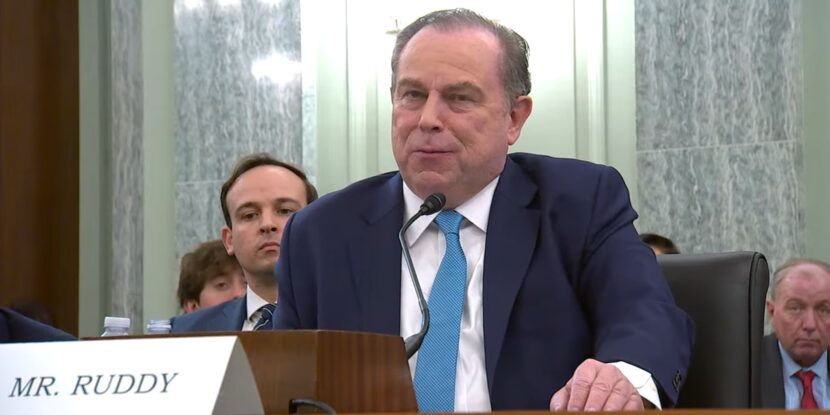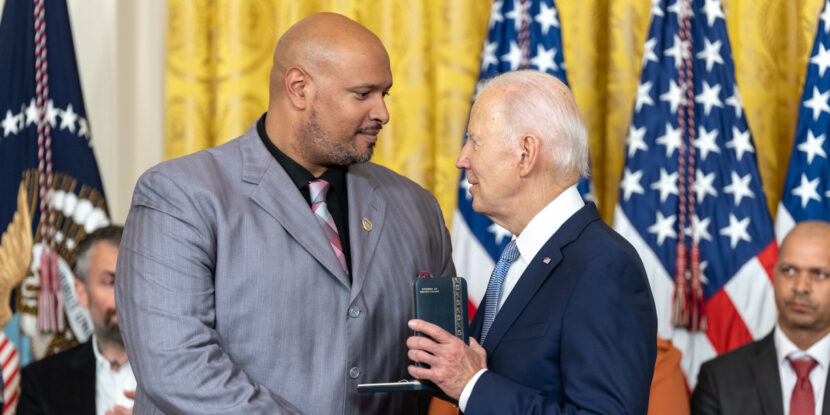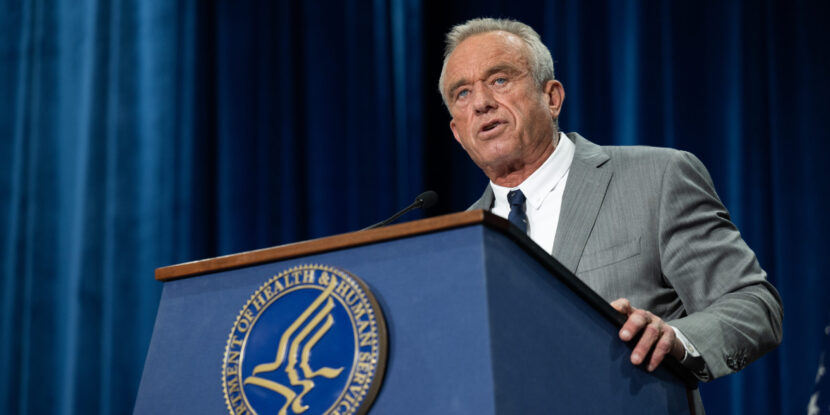❓WHAT HAPPENED: U.S. President Donald J. Trump is working on a comprehensive Middle East peace plan, with an immediate focus on ending Israel’s war in Gaza within two weeks.
👤WHO WAS INVOLVED: President Trump, Israeli Prime Minister Benjamin Netanyahu, and leaders from Egypt, the United Arab Emirates (UAE), Saudi Arabia, Syria, and other Arab nations.
📍WHEN & WHERE: The plan is being developed following the recent 12-Day War between Israel and Iran, with discussions ongoing in the United States and Israel.
🎯IMPACT: The plan aims to end Gaza hostilities, exile Hamas leadership, expand the Abraham Accords, and lay the groundwork for broader Middle East peace.
U.S. President Donald J. Trump is spearheading a peace initiative in the Middle East with the support of Israeli Prime Minister Benjamin Netanyahu, beginning with an end to Israel’s war in Gaza within two weeks. The plan reportedly includes multiple components aimed at stabilizing the region and fostering diplomatic relations between the Arab states and the Jewish state of Israel.
According to the Israeli newspaper, Israel Hayom, the proposal involves four Arab nations, including Egypt and the United Arab Emirates (UAE), stepping in to administer the Gaza Strip in place of Hamas. The remaining Hamas leadership would face exile, and Israeli hostages currently held would be freed. Additionally, efforts would be made to facilitate emigration for Gaza residents seeking to leave the region.
The peace plan also includes expanding the Abraham Accords to bring countries such as Syria and Saudi Arabia into formal relations with Israel. Israel would express openness to resolving Palestinian issues under a “two states” framework, contingent upon reforms by the Palestinian Authority. The United States, in turn, would recognize limited Israeli sovereignty in Judea and Samaria, in the West Bank.
This initiative follows the 12-Day War between Israel and Iran, during which U.S. forces targeted Iranian nuclear weapons sites. With Iran’s threat diminished, Israel and Arab states now appear more willing to make concessions for peace and normalize relations.
Join Pulse+ to comment below, and receive exclusive e-mail analyses.



















